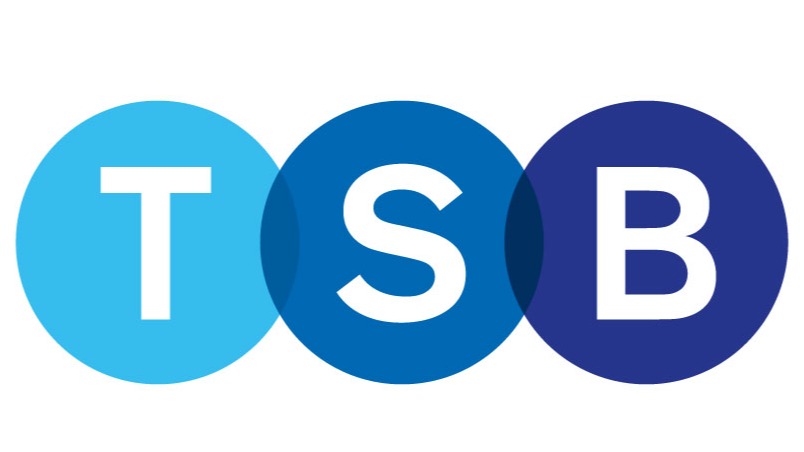TSB has said that scams taking place on Facebook, Instagram, and WhatsApp make up 80 per cent of fraud cases within the bank’s three biggest fraud categories.
Data from the UK bank revealed that 80 per cent of purchase fraud cases involved scams taking place on Meta platforms, with 60 per cent of these cases on Facebook Marketplace.
According to figures from TSB, fraud from scam activity on Facebook Marketplace doubled in 2022 compared to the previous year, with the bank refunding 2,100 cases from this from the platform alone.
TSB said that this is a cause for concern across the banking sector, explaining that a lack of payment platform on the site prevents consumers completing transactions securely.
Scam activity across the three Meta platforms were responsible for 86 per cent of impersonation fraud cases last year, driven largely by a significant jump in WhatsApp-based “friends and family fraud”. Overall, cases taking place on WhatsApp increased by 300 per cent in 2022 compared to 2021.
87 per cent of cases of investment fraud took place through a Meta account, with nearly 60 per cent based on Instagram, followed by just over a fifth on Facebook.
“Social media companies must urgently clean up their platforms to protect the countless innocent people who use their services every day,” said Paul Davis, director of fraud prevention, TSB. “In the meantime, we are urging the public to remain cautious to potential scam content – and to spread the word to help protect those around you.”
Davis said that it was "high time" that social media and telephone companies took financial liability for the rising levels of fraud taking place on their platforms.
A Meta spokesperson said that fraud was an "industry-wide issue", with scammers using increasingly sophisticated methods to defraud people in a range of ways.
"We don’t want anyone to fall victim to these criminals which is why our platforms have systems to block scams, financial services advertisers now have to be FCA authorised and we run consumer awareness campaigns on how to spot fraudulent behaviour," they continued. "People can also report this content in a few simple clicks and we work with the police to support their investigations.”
Latest News
-
Gemini to cut quarter of workforce and exit UK, EU and Australia as crypto slump forces retrenchment
-
Bank ABC’s mobile-only ila bank migrates to core banking platform
-
Visa launches platform to accelerate small business growth in US
-
NatWest to expand Accelerator programme to 50,000 members in 2026
-
BBVA joins European stablecoin coalition
-
eToro partners with Amundi to launch equity portfolio with exposure to ‘megatrends’
Creating value together: Strategic partnerships in the age of GCCs
As Global Capability Centres reshape the financial services landscape, one question stands out: how do leading banks balance in-house innovation with strategic partnerships to drive real transformation?
Data trust in the AI era: Building customer confidence through responsible banking
In the second episode of FStech’s three-part video podcast series sponsored by HCLTech, Sudip Lahiri, Executive Vice President & Head of Financial Services for Europe & UKI at HCLTech examines the critical relationship between data trust, transparency, and responsible AI implementation in financial services.
Banking's GenAI evolution: Beyond the hype, building the future
In the first episode of a three-part video podcast series sponsored by HCLTech, Sudip Lahiri, Executive Vice President & Head of Financial Services for Europe & UKI at HCLTech explores how financial institutions can navigate the transformative potential of Generative AI while building lasting foundations for innovation.
Beyond compliance: Building unshakeable operational resilience in financial services
In today's rapidly evolving financial landscape, operational resilience has become a critical focus for institutions worldwide. As regulatory requirements grow more complex and cyber threats, particularly ransomware, become increasingly sophisticated, financial services providers must adapt and strengthen their defences. The intersection of compliance, technology, and security presents both challenges and opportunities.
© 2019 Perspective Publishing Privacy & Cookies













Recent Stories